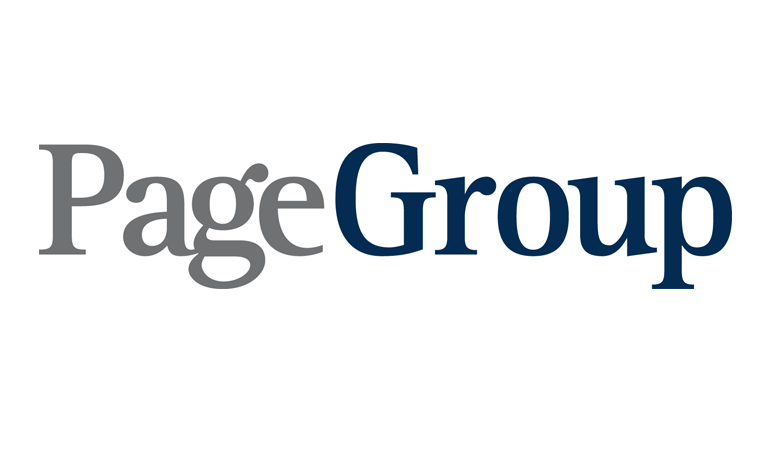 Looking at the group's profits across the board, there has been a rise in profits in its Europe, Middle East and African offices
Looking at the group's profits across the board, there has been a rise in profits in its Europe, Middle East and African officesWhile PageGroup – the recruitment firm previously known as Michael Page International – has reported a marked decline in its UK gross profit in the wake of Brexit, the FTSE 250 firm rose as the value of the pound boosted its international business.
While its UK profit has taken a dip of around 4.7% in the months following the UK’s controversial decision to leave the EU, its total gross profits rose by 1.3%. These conflicting reports have unsurprisingly been linked to the referendum result, with the fragile nature of the UK business market still shrouded in uncertainty.
With PM Theresa May talking about a ‘hard Brexit’ approach designed to prioritise immigration policies over negotiations to remain as part of the single trading market, there has been a marked drop in the value of the pound. The suggestion of immigration controls being implemented in the near future means that the uncertainty surrounding the future of the country’s international workforce is also impacting financial hiring.
Looking at the group’s profits across the board, there has been a rise in profits in its Europe, Middle East and African offices, with France and Germany experiencing a boost of 4% and 16% respectively. Latin America experienced one of the biggest rises, seeing a massive growth of 23%, while Brazil suffered a fall of 12%.
Temporary positions rose, which is a fairly typical trend to witness during times of economic uncertainty. During these times, companies are understandably more cautious about appointing permanent members of staff. Work still needs to be carried out, of course, and temporary contracts are usually issued until things become a little clearer within the business market.
Analysis reveals that activity and trading levels were stronger during these periods of temporary recruitment, which is ironic as these positions tend to be at the lower end of the salary scale. This activity was revealed in the 6% growth shown by Page Personnel, where temporary roles make up over 40% of gross profit levels. In the sector still known as Michael Page, temporary recruitment marks just 17% and, as such, the gross profit is also less.
In this time of great uncertainty for the British business market, temporary recruitment has its place; however, the future of permanent positions remains unclear as the fallout from Brexit continues to gradually come to light.
Join Over 40,000 Recruiters. Get our latest articles weekly, all FREE – SEND ME ARTICLES
Recruiters love this COMPLETE set of Accredited Recruitment & HR Training – View Training Brochure








